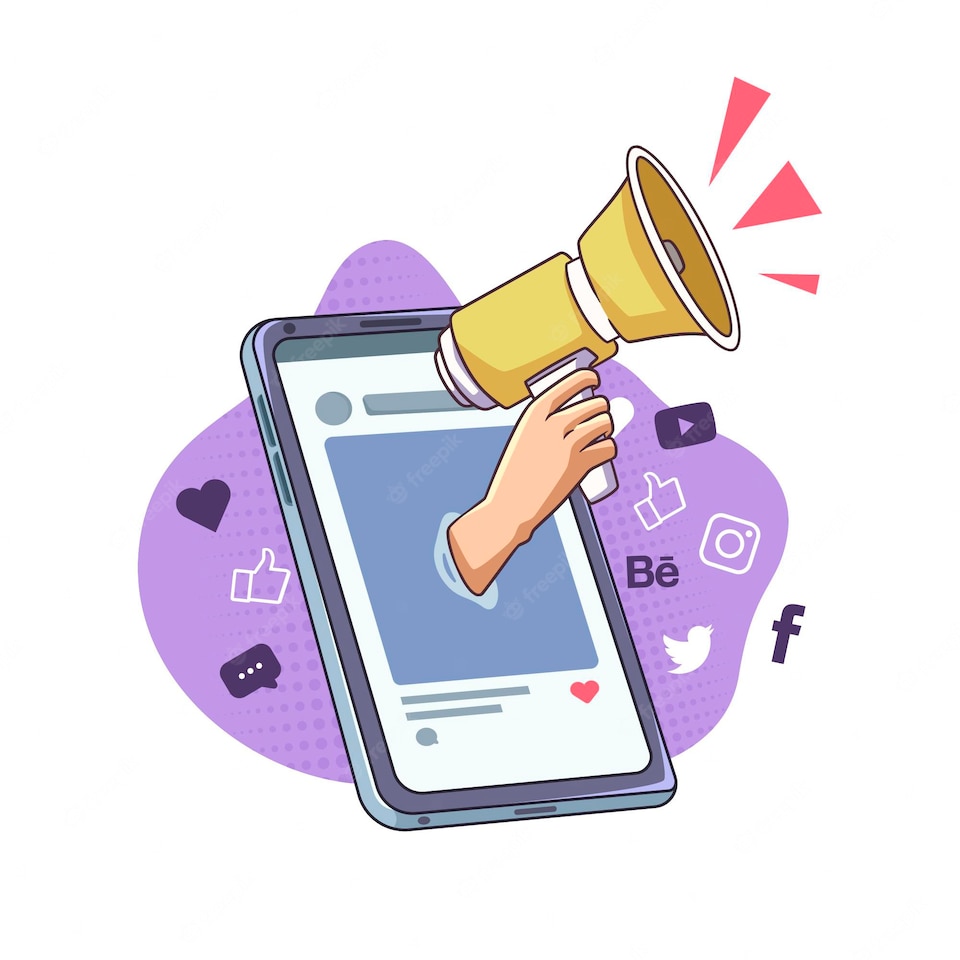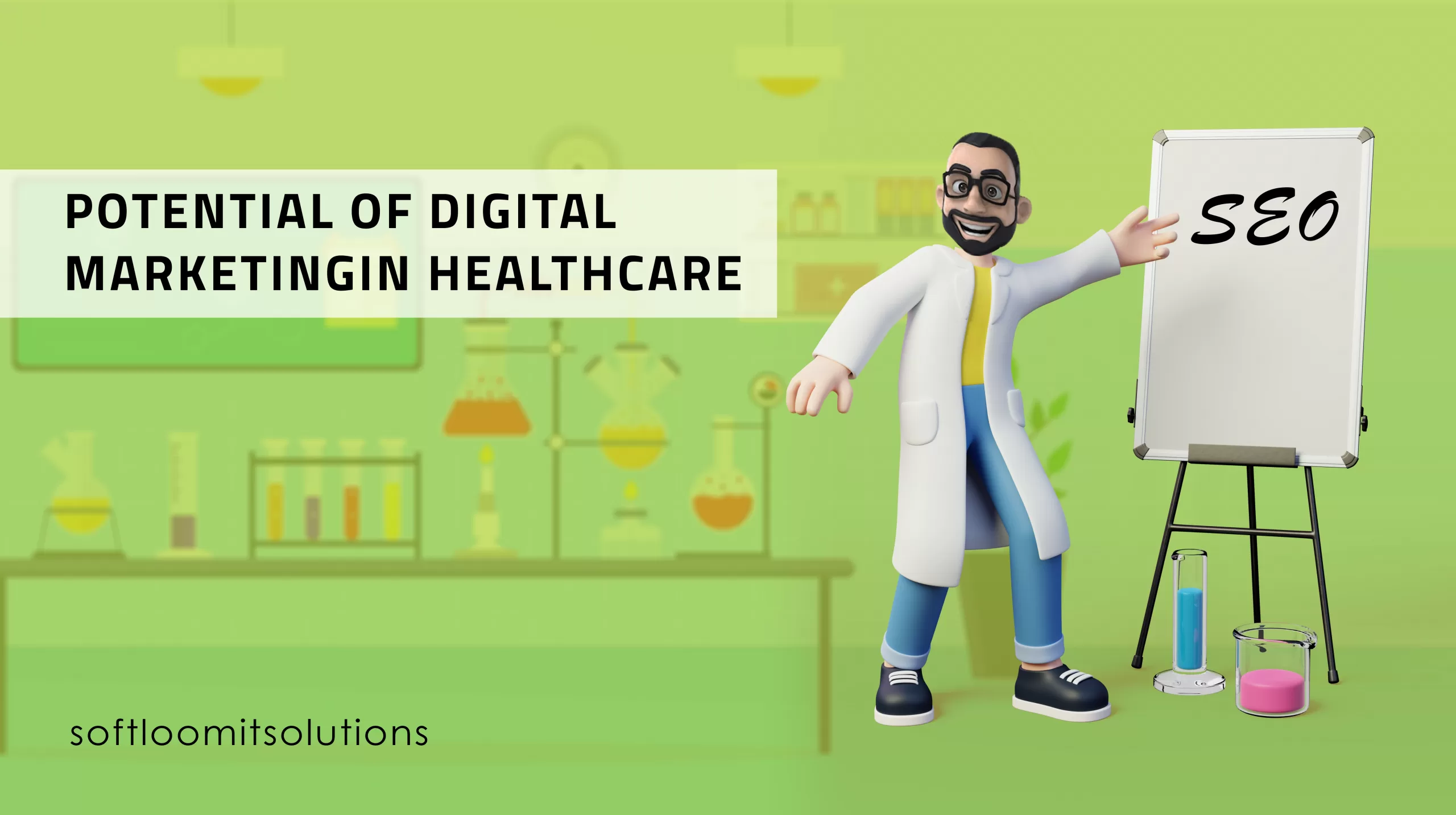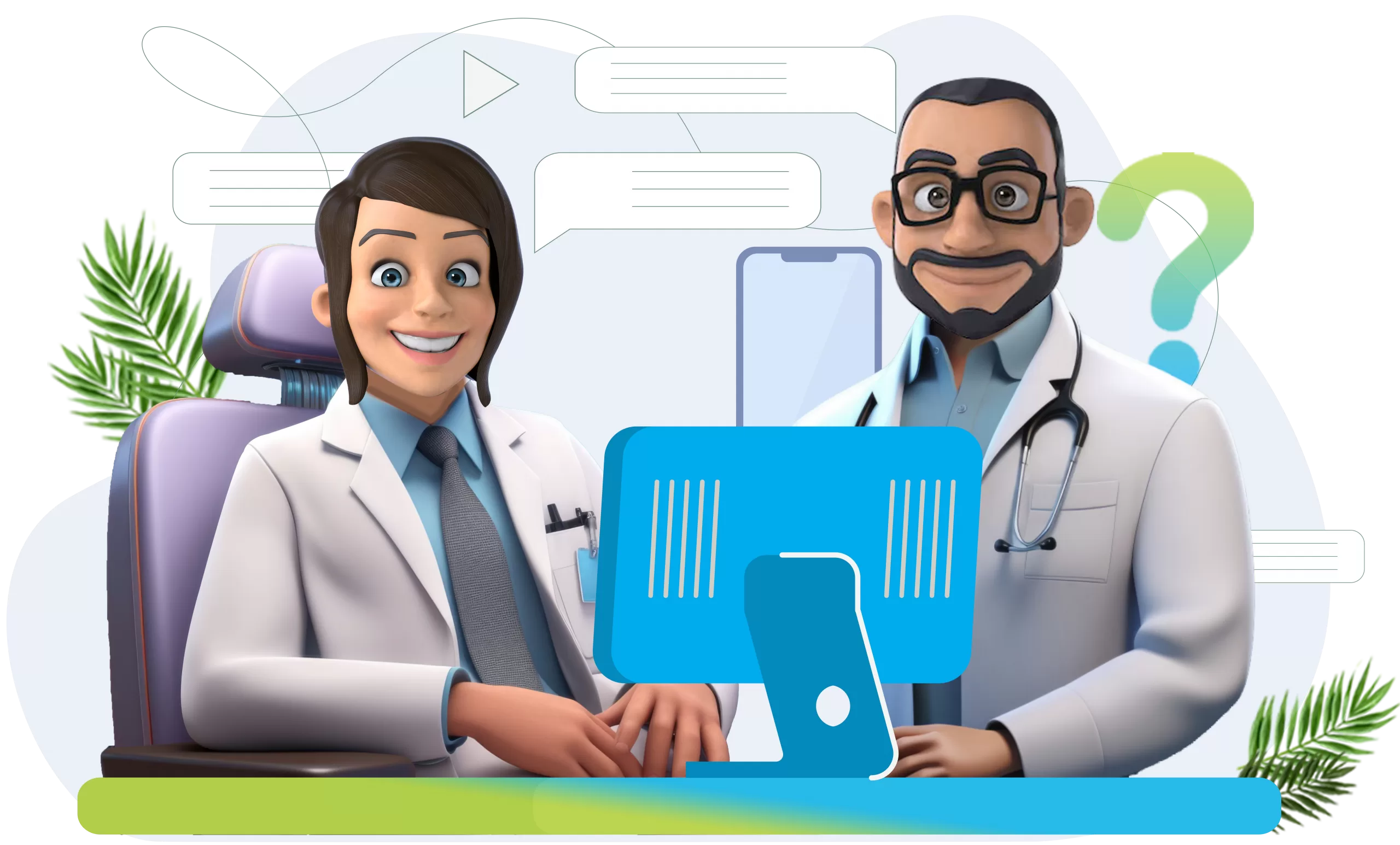Digital marketing in the healthcare sector improves the online presence of your hospitality services. By leveraging digital marketing, you can extend your reach to healthcare aspirants and patients worldwide, establish credibility among your target audience, and maintain the growth of your healthcare services.
The current climate necessitates that your healthcare services adopt digital marketing strategies. Now is the right moment if you have yet to incorporate digital marketing methods for your healthcare service.
This blog post will elucidate the significance of investing in digital marketing for your healthcare services.
Healthcare Digital Marketing- Overview
Healthcare digital marketing promotes healthcare services to potential patients through various online platforms, including social media, search engines, email, and mobile devices. It uses digital marketing strategies such as search engine optimization (SEO), pay-per-click (PPC) advertising, content marketing, social media marketing, email marketing, and mobile marketing to target specific audiences based on demographics and other criteria. Healthcare digital marketing aims to increase brand awareness, acquire new patients, and retain existing patients by providing valuable information, building trust, and establishing relationships through online communication channels.
Role of Digital Marketing in Your Healthcare Services
The convenience of receiving immediate responses and communicating with healthcare specialists from the comfort of their environment at a time that suits them has made online healthcare services increasingly popular.
In this blog post, we will delve into several digital marketing techniques that can enhance the increase of your healthcare services in the online space.
-
Search Engine Optimization
Search engine optimization (SEO) and user experience (UX) are two interconnected aspects of digital marketing. However, to be a successful healthcare SEO specialist, it is crucial to prioritize providing the best user experience to your patients.
Various factors, such as having a responsive layout, optimizing for voice search, producing quality content, having an impressive design, ensuring smooth navigation, and fast webpage load times, are crucial in determining the user experience.
SEO is a smart digital marketing strategy that can increase your online exposure. With the help of SEO experts, you can enhance your patients’ user experience, boost your visibility on search results, and attract more organic traffic to your healthcare website. If you need inspiration for designing your healthcare website, check out our blog that showcases healthcare and medical industry website design ideas.
-
Pay-Per-Click (PPC) Advertising
PPC advertising promotes your healthcare services on various platforms, including search engines and social media. You only pay for the ad when someone clicks on it.
For example, Google Adwords offers both display ads and text ads. Display ads are targeted based on a user’s past searches and will appear while browsing various websites. Text ads show up at the top of the Google search results page.
PPC ads drive high-quality traffic and generate potential leads for your online medical center. By tracking the performance of your ads on each platform, you can determine which approaches are practical and which ones are not.
-
Social Media Marketing

Social media is rapidly gaining popularity in the healthcare industry and offers an excellent opportunity to remain connected with patients, especially during times of uncertainty. In addition, social media marketing helps healthcare providers to target patients based on age, gender, health issues, and other factors.
For example, the government of India developed a Facebook Messenger chatbot that provides information and directs citizens to the right resources while also countering misinformation. In Canada, provincial medical health officers have effectively utilized social media and healthcare communication by regularly sharing official information during the COVID-19 pandemic.
As a healthcare representative with an active social media presence, you can raise public awareness about staying healthy during a pandemic, provide tips to maintain both mental and physical health, and use your expertise to address patient doubts and concerns.
-
Content Marketing
Content marketing involves creating and sharing quality-rich content, such as blogs, infographics, videos, and e-books, to demonstrate your expertise to the right audience and engage with patients.
For example, if you are a well-experienced dietitian, writing blogs about childhood obesity, nutrition, and fitness tips can provide valuable information to your readers and showcase your expertise to your audience.
It is essential to ensure that your content focuses on providing value to your patients instead of being overly self-promotional. Additionally, avoiding medical jargon in your content can make it more easily understandable to readers.
-
Mobile Marketing
Mobile marketing is a cost-effective technique that enables you to reach healthcare aspirants on their smart devices using innovative and ethical marketing tactics.
Some mobile marketing ideas that can help you reach your target audience include app-based marketing, in-game cell phone marketing, location-based marketing, mobile search ads, mobile image ads, and text messages.
You can effectively target local audiences and encourage users to avail of your services using mobile marketing quickly.
-
Email Marketing

Email marketing is an affordable way to maintain contact with your audience, provide personalized experiences, establish relationships, and stay top-of-mind with your patients.
Before starting an email marketing campaign, it is important to segment your email subscribers based on demographics such as age, interests, and health conditions. Personalizing your emails with an engaging subject line, call-to-action (CTA), and user-friendly sign-up options can also be beneficial.
Implementing email marketing automation strategies can help you send effective emails consistently without any hassle. Email marketing can be an effective way to acquire new healthcare aspirants for your virtual medical center and retain current patients.
Digital marketing plays a crucial role in the growth of your online healthcare services. Properly optimizing these digital platforms can help convert prospects into active participants of your healthcare center.
Advantages of Investing in Healthcare Digital Marketing
Digital marketing can be a highly profitable investment for promoting your online healthcare center. Here are some advantages of healthcare digital marketing:
Cost-Per-Acquisition (CPA)
Digital marketing can significantly reduce the cost of acquiring patients. A survey of U.S. vein practices found that print (68%) and TV (30%) were the most commonly used media channels, costing approximately $314 and $348 per patient, respectively. In contrast, digital outreach can cut that overall cost down by 50%.
Demographic Targeting
Unlike traditional marketing, digital marketing allows you to target patients based on specific demographics, such as age, gender, and location, providing a more personalized experience for patients.
Data-driven Decisions
Digital marketing offers a variety of tools and techniques to track patient user experiences, allowing you to make data-driven decisions.
Search Engine Visibility
One out of every 20 Google searches relates to healthcare services, and everyone uses search engines to find health-related information. Effective online marketing and search engine optimization (SEO) techniques can boost your visibility on search results.
Patient Referrals
Digital marketing provides access techniques that drive high-quality leads to your healthcare services. For example, Md Connect Inc drove its 250,000th digital referral to its Vein Market through targeting digital marketing.






